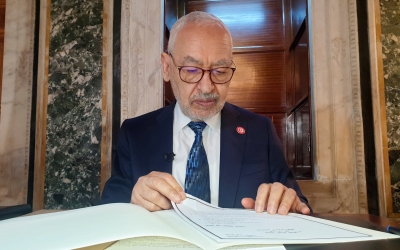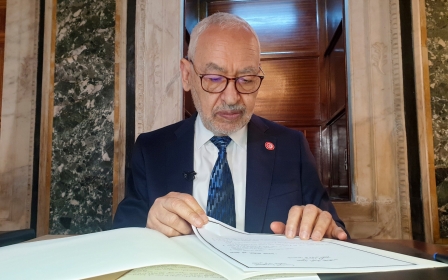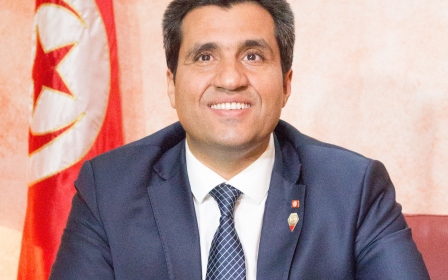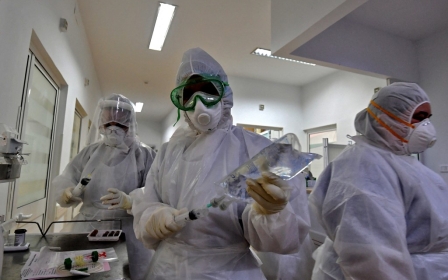Tunisia coup: Army general appointed health minister amid Covid-19 crisis
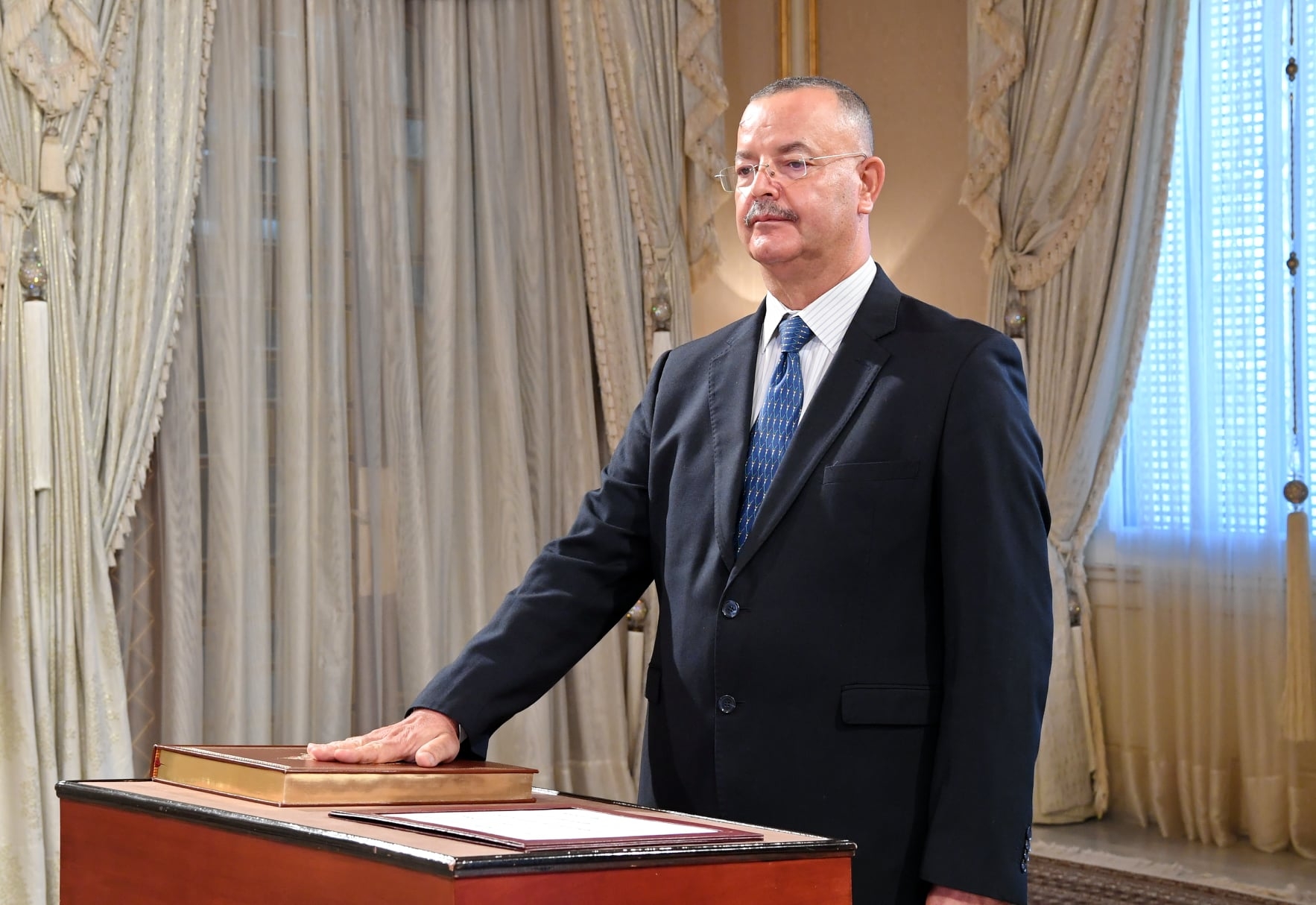
Tunisia’s President Kais Saied on Friday appointed army general Ali Merabet as acting health minister as the country battles one of the worst Covid-19 outbreaks in North Africa.
Merabet succeeds Mohamed Trabelsi, who was appointed by former Prime Minister Hicham Mechichi days before Saied on 25 July announced a presidential power grab that included the ousting of the premier and the suspension of parliament.
New MEE newsletter: Jerusalem Dispatch
Sign up to get the latest insights and analysis on Israel-Palestine, alongside Turkey Unpacked and other MEE newsletters
Saied’s drastic move - which was denounced as a “constitutional coup” by most major political parties in Tunisia - followed popular protests against the government’s handling of the Covid-19 pandemic.
Merabet is the fifth minister to hold the health portfolio since the outbreak of the pandemic in Tunisia in March 2020.
A professor of epidemiology and public health, Merabet was previously in charge of the military’s vaccination campaign in the southern Tataouine Governorate.
His appointment comes just two days before a planned roll-out campaign that aims to vaccinate as many people as possible in one day across the country.
On 21 July, President Saied handed over the management of the Covid-19 response to the military, following Mechichi’s dismissal of health minister Faouzi Mehdi after the latter described the coronavirus situation in the country as overwhelming.
Mehdi’s decision to make vaccines available to all Tunisians over 18 led to stampedes at many vaccination centres. The ministry then restricted jabs to those aged 40 and over.
'Positive signs'
In recent weeks, Tunisia has reported one of the highest daily death rates per capita in the world. Over 20,500 people have died of the virus so far out of a population of 12 million people while only eight percent of the population has been fully vaccinated.
In the weeks leading up to Saied’s measures, the health ministry said it was running out of ICU beds and oxygen due to the rapid increase of critical cases and deaths linked to the Delta variant. Videos of patients lying on the floor of hospitals, struggling to breathe, have prompted citizen-led initiatives to raise funds for the crumbling health system.
The health ministry’s supply of 100,000 litres of oxygen per day is far less than its demand of about 240,000 litres per day, which is ten times the pre-pandemic demand, according to figures published by the Associated Press.
However, last week, the representative of the World Health Organisation (WHO) in Tunis, Yves Souteyrand, said there were “positive signs” that the pandemic crisis in the country was beginning to ease.
Souteyrand said there was a decline in rates of those who tested positive, from 35 percent to 24 percent in recent days. He said the Delta variant accounted for 90 percent of the cases, and that Tunisia has the highest infection rates per capita in the Arab world and Africa.
The slow pace of vaccination and some people’s unwillingness to get vaccinated have exacerbated the crisis, he added, explaining that Tunisia has so far received seven million doses of the vaccine from Arab and European countries.
Middle East Eye delivers independent and unrivalled coverage and analysis of the Middle East, North Africa and beyond. To learn more about republishing this content and the associated fees, please fill out this form. More about MEE can be found here.


